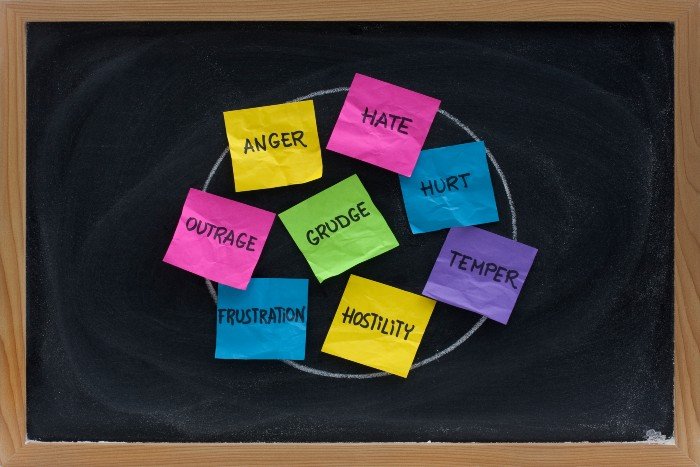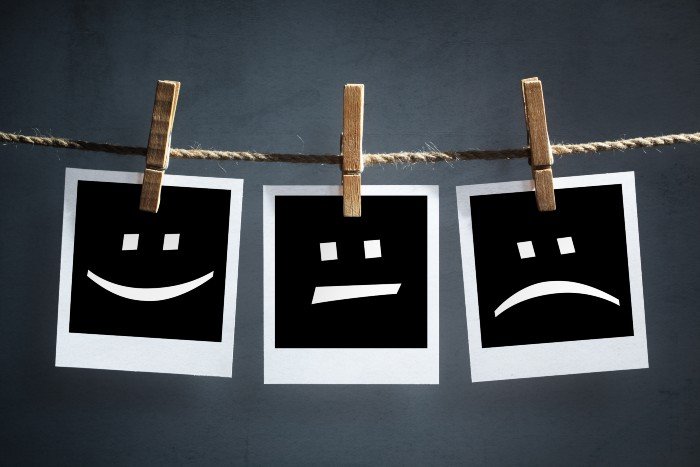As human beings, we experience two general types of emotions—positive and negative. Positive emotions include happiness, excitement, love, contentment, gratitude, and curiosity, among others. And we feel good having these emotions. On the other hand, negative emotions include sadness, depression, anxiety, loneliness, fear, criticism, and so on. Obviously, it’s quite easy feeling the positive ones. In fact, we enjoy them. But, how about the negative ones? These are natural feelings, and they come almost every day. How are we supposed to cope with them?

Understand your negative emotions
Though a natural feeling, negative emotions don’t just happen. They are caused by a multitude factors some of which you are not even aware of. Negative emotions can be triggered by an event such as work overload or a heartbreak. This happens as a result of the thoughts we have of an event, and the way we interpret the event can alter our experience and how we process our emotions.
Poorly-managed emotions are detrimental to health
You may have already heard this many times before and ignored the warning. But it still goes true to this day—poorly managed emotions, especially negative emotions, leads to chronic stress. As a result, your body experiences hormonal imbalance, and your brain is depleted of the chemicals necessary to feel happy, ultimately damaging your immune system.
Is there anything you can do to manage your emotions? Good news! There are many things you can do to keep your emotions in check.
Ways to cope with negative emotions
1. Identify what you’re feeling
The first step is to always know your ‘enemy’ in order to fight it, right? So, look into yourself and feel your body’s sensations such as if your face feels hot (anger) or if your hands tremble and are cold (fear or anxiety).

2. Change whatever you can
We’ve previously mentioned that there are many factors that cause stress, some of which you’re not even aware of. So, do everything you can to change those that you know and can change. For example, cut down on job stress if that’s what’s causing your negative emotions or take a break. If you don’t know how to say no to your co-workers when they pass on their tasks to you, learn the art of saying no in the proper way.
3. Choose an outlet
Think of negative emotions as a volcano that’s steaming up. If you keep those emotions inside, the feeling just increases and eventually explodes, leading to undesirable events, including broken relationships. However, if you find an outlet such as reading a book, playing sports, or meditation, you can slowly let the steam out and prevent it from blowing up. If you’re not into any of those mentioned, you can also go to a spa, hike, bike, or do yoga.
4. Build positive emotions
We know this is easier said than done. How could one think of positive things when they’re being drowned in negative ones? However, it would actually help a lot of you think about all the good things happening around you. Remember your parents’ praises, your friends’ compliments, your teacher commending your work in middle school, and just about any thought that makes you feel good. You’ll see the difference.

5. Exercise
Exercise is a good stress reliever, and it pumps up your sense of well-being. With good exercise, your brain produces more feel-good neurotransmitters called endorphins. Oftentimes, this is called a runner’s high that contributes to the feeling of being happy.

With these tips, you can help yourself cope with negative emotions and not let them get in the way of your relationships, work, and productivity. Aside from doing all these, you can also seek the help and support of the people around you who understand what you’re going through.
